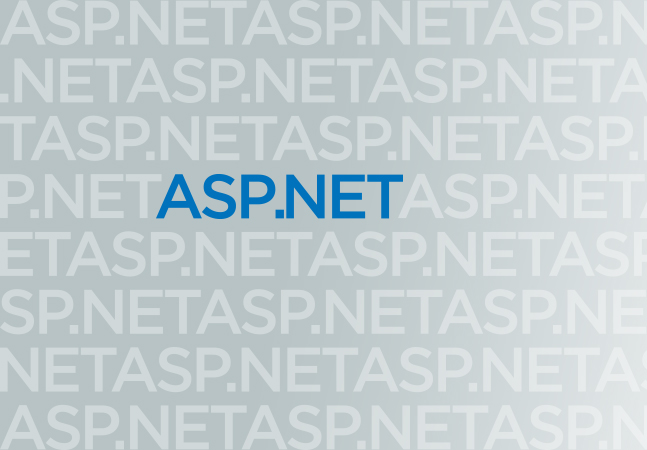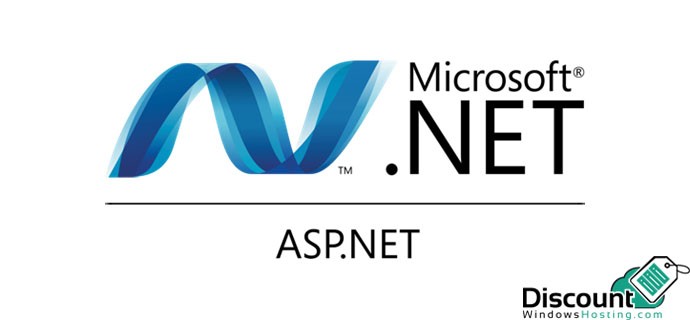Chatbots are now an essential part of customer care, answering a variety of questions and offering round-the-clock assistance. These chatbots are growing more intelligent and able to comprehend complicated inquiries, provide personalized responses, and learn from interactions thanks to the integration of OpenAI’s sophisticated language models. This post will explain how to use OpenAI to create intelligent chatbots in a.NET Core environment and will include examples of C# code.
1. Setting Up OpenAI in .NET Core
Prerequisites
Before we dive into the code, ensure you have the following.
- .NET Core SDK installed.
- An OpenAI API key.
- Basic knowledge of C# and RESTful APIs.
Code Example. Initializing OpenAI API Client
using OpenAI_API;
var apiKey = "your-openai-api-key";
var openAiClient = new OpenAIAPI(apiKey);
// Example of calling OpenAI API
var result = await openAiClient.Completions.CreateCompletionAsync(new OpenAI_API.CompletionRequest
{
Prompt = "Hello, how can I assist you today?",
MaxTokens = 150
});
Console.WriteLine(result.Choices[0].Text.Trim());This basic setup initializes the OpenAI API client in your .NET Core application and sends a simple prompt to generate a response.
2. Designing the Chatbot Flow
Understanding User Intent
Knowing the user’s purpose is essential to creating an effective chatbot. By fine-tuning its algorithms to identify different intents from user input, OpenAI’s chatbot can route conversations accordingly. Discerning between a service request and a product query, for instance.
Implementing Intent Recognition
This function maps user input to specific intents and generates a response based on the recognized intent.
3. Enhancing the Chatbot with Contextual Awareness
Maintaining Conversation Context
To build a truly intelligent chatbot, maintaining the context of a conversation is crucial. This allows the chatbot to provide more relevant responses as the conversation progresses.
Implementing Context Handling
With this method, the chatbot can recall past exchanges and produce replies that make sense given the context of the discussion.
Conclusion
Using OpenAI in.NET Core to create intelligent chatbots is not only possible, but also a very efficient approach to improve user engagement and customer support. With the help of OpenAI’s sophisticated language models, programmers can build chatbots that comprehend user intent, preserve context, and deliver thoughtful, tailored responses. Here are some useful examples of C# code that you may use to include OpenAI into your chatbot applications.
Best and Most Recommended ASP.NET Core 9.0 Hosting
Fortunately, there are a number of dependable and recommended web hosts available that can help you gain control of your website’s performance and improve your ASP.NET Core 9.0 web ranking. HostForLIFEASP.NET is highly recommended. In Europe, HostForLIFEASP.NET is the most popular option for first-time web hosts searching for an affordable plan.
Their standard price begins at only € 3.49 per month. Customers are permitted to choose quarterly and annual plans based on their preferences. HostForLIFEASP.NET guarantees “No Hidden Fees” and an industry-leading ’30 Days Cash Back’ policy. Customers who terminate their service within the first thirty days are eligible for a full refund.
By providing reseller hosting accounts, HostForLIFEASP.NET also gives its consumers the chance to generate income. You can purchase their reseller hosting account, host an unlimited number of websites on it, and even sell some of your hosting space to others. This is one of the most effective methods for making money online. They will take care of all your customers’ hosting needs, so you do not need to fret about hosting-related matters.






